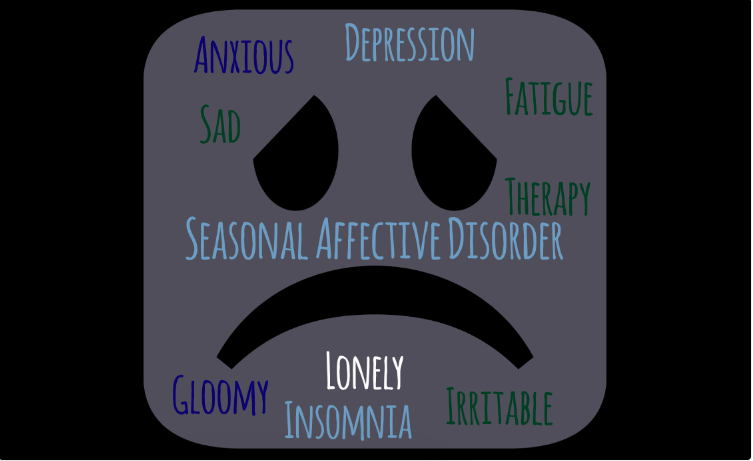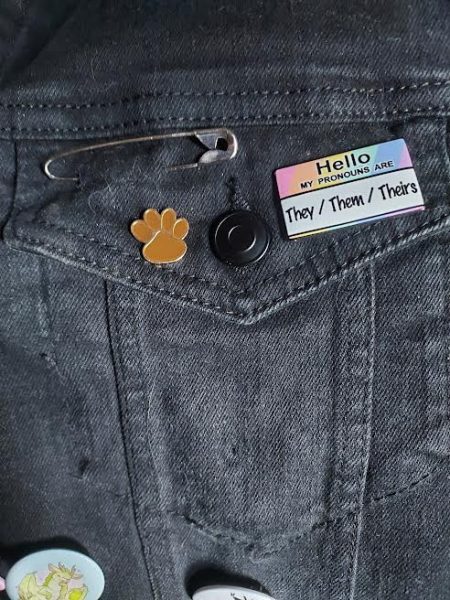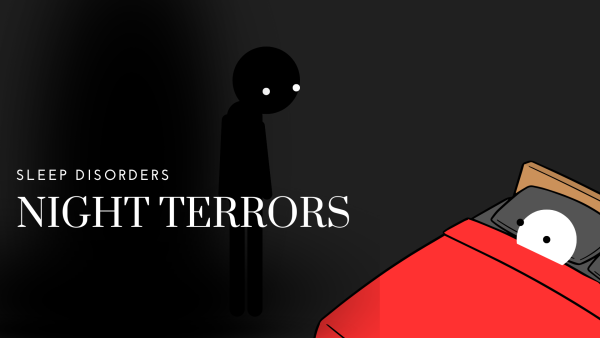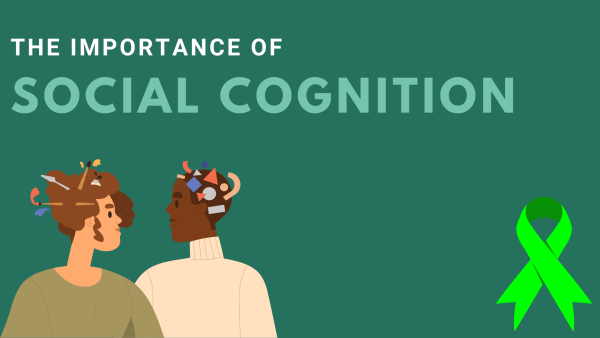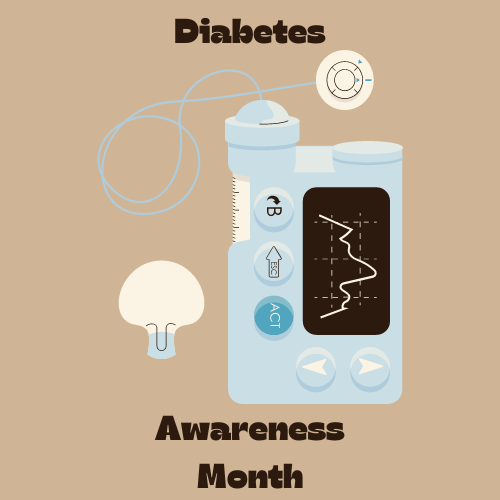Seasonal Affective Disorder: Breaking the Stigma
Seasonal Affective Disorder (SAD), also known as seasonal depression, is a type of depression that relates to the changing of the seasons. Symptoms usually begin in the fall and will start to diminish as spring begins. Factors that may come into play with this type of depression are drops in serotonin levels, drops in melatonin levels and your circadian rhythm being thrown off. According to mayoclinic.org, “The reduced level of sunlight in fall and winter may cause winter-onset SAD. This decrease in sunlight may disrupt your body’s internal clock and lead to feelings of depression.”
In a poll of 83 students, it was revealed that the majority (47.6%) believe that they do experience SAD, and 30.5% feel like they might experience SAD. When asked what seasonal depression is to her, a senior girl responded, “seasonal depression is when the weather changes and the sun seems to be gone more often and everything seems super boring and sad.”
The symptoms of SAD can be very difficult to manage, and can affect your day to day life. A sophomore girl stated, “you’re always so tired even though you’ve slept 10 hours. Anxiety starts kicking in so it makes you think everyone is looking at you or judging you in a way. You’re starving but don’t eat.”
In the poll, students were asked to select the symptoms that they experience with SAD. Of the 64 students that do experience SAD, or believe that they might, 57 encounter anxiety has a symptom. Anxiety in itself can be a draining ordeal. The second most common symptom was irritability. According to thedawnresearch.com, “people living with depression are more negatively biased in the way they perceive and process life around them. When someone with depression receives any input or information, they tend to interpret this in a negative way. Therefore, people who are inclined to express negative perceptions with anger or impatience will clearly exhibit that with others.”
There are many ways to cope with these unwanted emotions. Many students responded that they listen to music, shut their phone off or even clean to cope with these feelings and emotions. Some students responded that going to therapy, and talking to a profession has helped them.
Depression in itself is a very taboo topic, but creating awareness and bringing light to this subject is just one way of diminishing the stigma.

Hi everyone! My name is Morgan Moomey. I am a senior at AHS, and this is my third and final year writing for the SPUD. This year I am Co-Editor-in-Chief...

